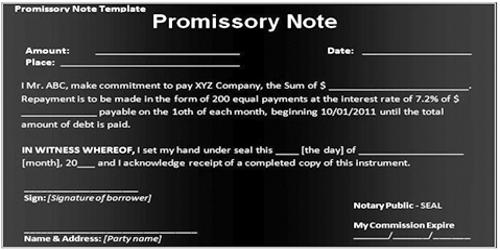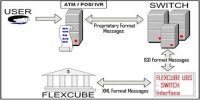A promissory note is a financial instrument that contains a written promise by one party to pay another party a definite sum of money either on demand or at a specified future date. A promissory note typically contains all the terms pertaining to the indebtedness by the issuer or maker to the note’s payee, such as the amount, interest rate, maturity date, date and place of issuance, and issuer’s signature. The 1930 international convention that governs promissory notes and bills of exchange also stipulates that the term “promissory note” should be inserted in the body of the instrument and should contain an unconditional promise to pay.
A promissory note is a legal instrument (more particularly, a financial instrument), in which one party (the maker or issuer) promises in writing to pay a determinate sum of money to the other (the payee), either at a fixed or determinable future time or on demand of the payee, under specific terms. If the promissory note is unconditional and, readily salable, it is called a negotiable instrument.
Essential features:
The features of promissory note are:
- It must be in writing.
- It must contain an unconditional promise to pay.
- It should be signed by the maker.
- The payment should be made to a certain person.
- The certainty of the amount payable should be there.














